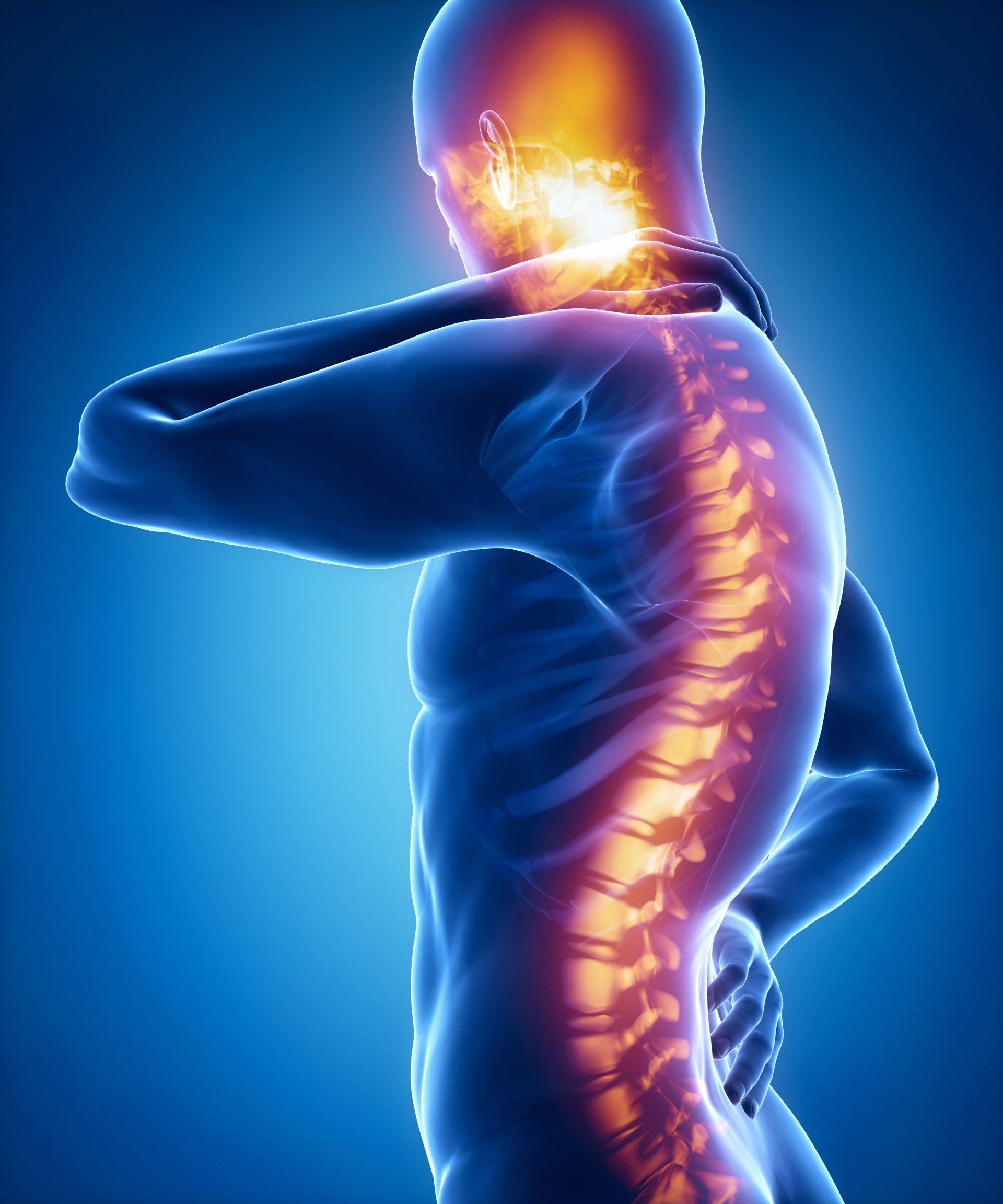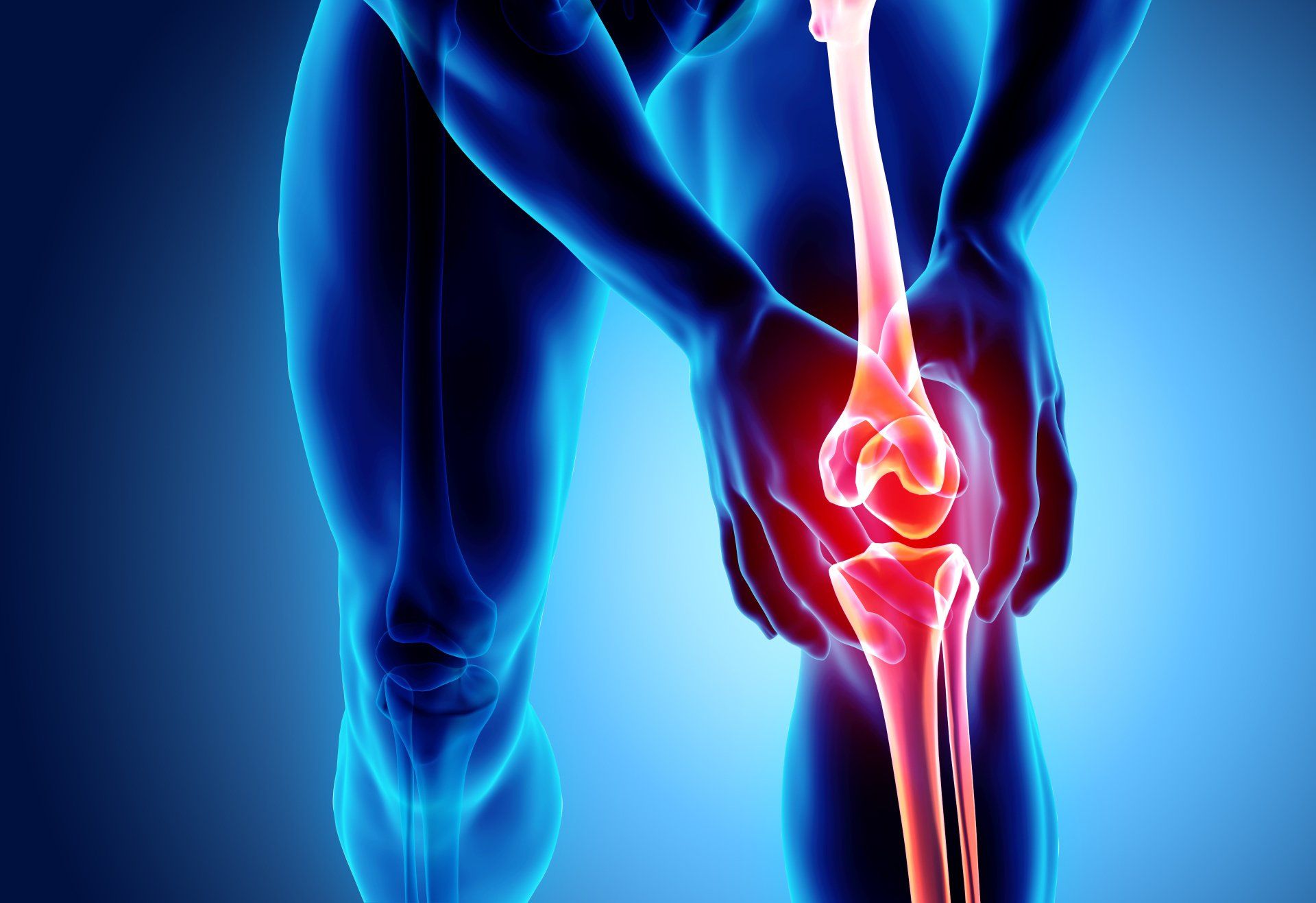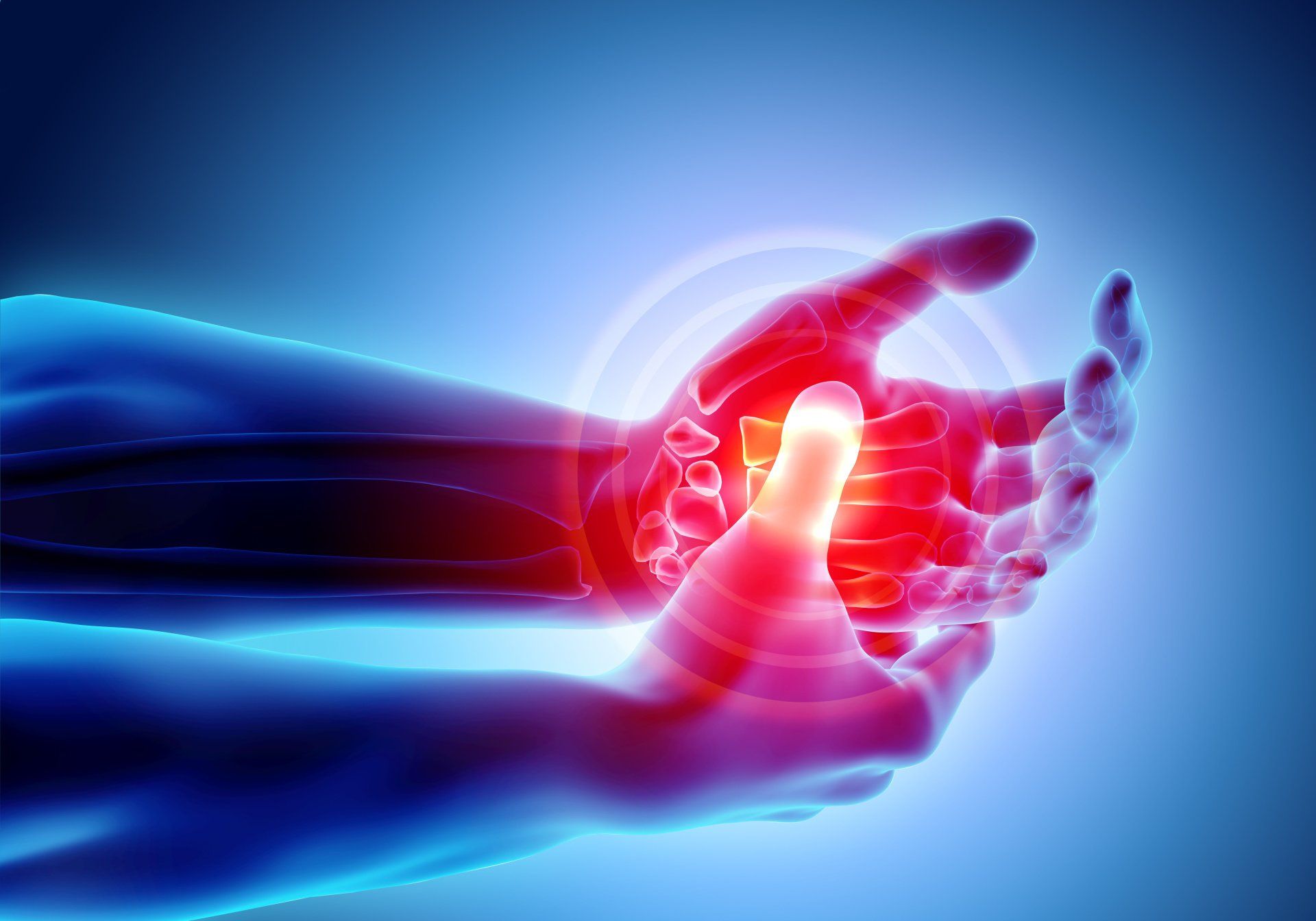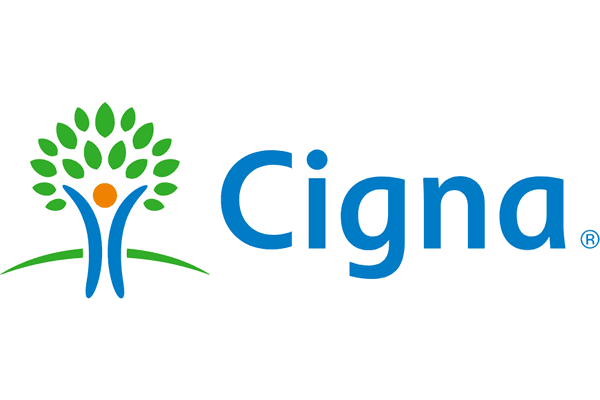FROM 1 JULY 2025 DR DOW AT SURREY PAIN SOLUTIONS IS NO LONGER ACCEPTING NEW PATIENTS.
PATIENTS WILL STILL BE SEEN FOR ROUTINE FOLLOW-UP.
FOR NEW PATIENT CONSULTATIONS PLEASE CONTACT DR MOHJIR BALOCH, CONSULTANT IN PAIN MANAGEMENT AT CIRCLE MOUNT ALVERNIA HOSPITAL GUILDFORD OR SPIRE CLARE PARK HOSPITAL
Pain - What is it? Gift or Curse?
Essential Reading by Dr W Allister Dow
Dr W Allister Dow MB ChB FRCA FFPMRCA Surg Cdr Royal Navy Rtd Consultant in Anaesthesia and Pain Management, Royal Surrey County Hospital
It seems an easy question – it hurts and I feel it when I get hurt.
In fact pain is so much more complex.
Human beings seem to feel it differently, different cultures display it differently, some people seem to be more or less tolerant of it and different sexes may have different thresholds to it. Some people view pain as an unnecessary evil that must be endured, others see it as a gift which allow us to protect ourselves from harm.
Pain is a complex concept to define since it is not necessarily just a central brain response to injury. It can be a response to impending injury or perceived injury. Indeed to make it more complicated we often describe significant and difficult life events such as the loss of a loved one as a psychological, emotional or a spiritual pain. Other types of pain include nociceptive, neuropathic, inflammatory, somatic, visceral, phantom, migrainous, and psychogenic. These and many others which will be discussed in a later blog.
Pain is certainly very common! It has been estimated that some 10 million people in the UK live with chronic pain and this is responsible for approximately one-fifth of all presentations to family doctors. One in four households are affected by chronic pain. In 2009 50 million workdays were lost in the UK due to pain and the cost to the UK economy in doctors time, medicines and workdays lost has been estimated at £13 billion!
The International Association for the Study of Pain has coined the following definition: "Pain is an unpleasant sensory and emotional experience associated with actual or potential tissue damage, or described in terms of such damage.” Doctors often use a simpler explanation, “Pain is what the patient says it is.”
In evolutionary terms pain has evolved to keep our bodies safe and to keep us alive. Pain is the signal to the brain that the body has been harmed or is under threat and allows us to respond appropriately to that threat. Children learn at a very young age, usually by trial and error, that the top of the stove is hot and that cut glass is sharp. They learn that these are things that can harm them and they learn to avoid them. In this way pain is a gift that allows us to protect ourselves. There is in fact an extremely rare genetic condition called ‘congenital insensitivity to pain’ or ‘congenital analgesia’ in which suffers feel no pain. They are unable to protect themselves from injury and can suffer appalling injuries without knowledge or sensation thereby severely limiting life expectancy. In this regard pain can certainly be considered a gift.
It is my belief that pain is indeed a gift.
Unfortunately this gift can lead to an inordinate amount of human suffering when not harnessed appropriately, when mis-understood or when not managed or treated appropriately.
There is a wonderful book called ‘The Gift of Pain’ in which Paul Brand, the author recounts amazing and wonderful work in leprosy camps in India treating leprosy patients.
Contrary to popular belief, the sores and bodily deformities that can be seen in leprosy suffers arise simply from the fact that the leprosy bacteria destroys pain nerves rendering the patients’ extremities painless. This results in the sufferer being unaware when they injure themselves, often resulting in horrible infections, fractures, deformity and disability.
It is my belief that pain is indeed a gift. Unfortunately this gift can lead to an inordinate amount of human suffering when not harnessed appropriately, when mis-understood or when not managed or treated appropriately.
High quality, effective, efficient, professional care
Direct access to a multidisciplinary team including specialist pain management consultant, anaesthetist, physiotherapists, acupuncturists and psychologist
Providing diagnosis, treatment and management of all acute and chronic pain conditions
















